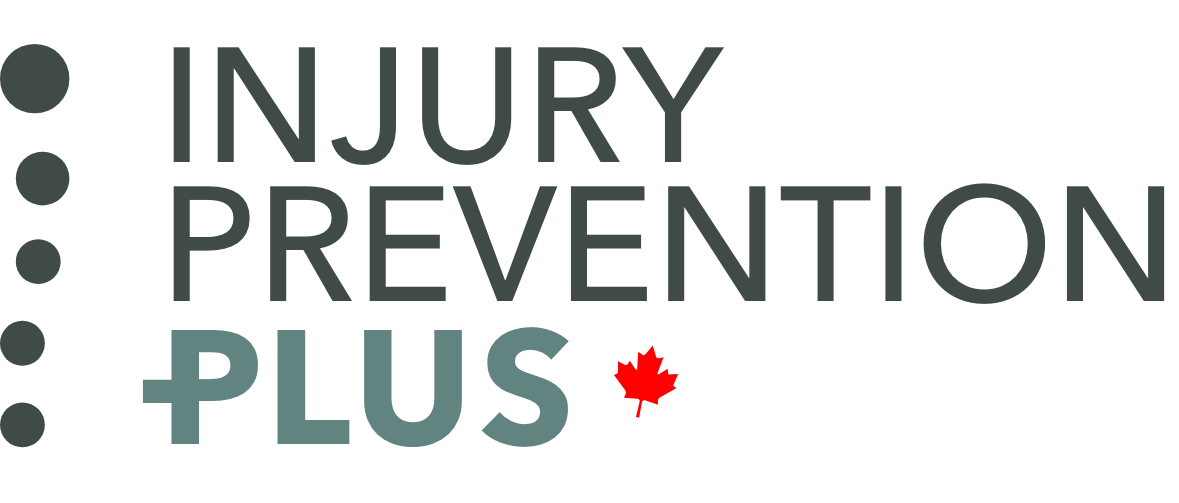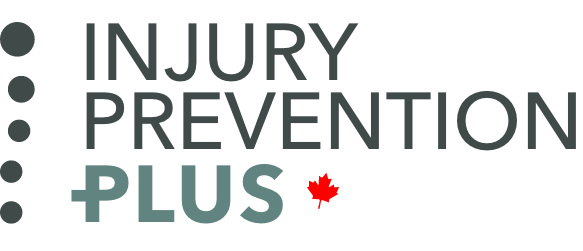Return to Work Assessments
As Ergonomists with kinesiology and physiotherapy backgrounds, we are uniquely qualified to assist your employees when returning to work. Whether employees are returning following an occupational or non-occupational injury, we can ensure that job demands are within their abilities and provide coaching to ensure employees are confident in completing job tasks safely.
We can also assist with the preparation of effective return to work plans. Our plans are based on the employee’s injury or disability and medical healing times. We will support you as much, or as little, as you require through the employee’s transition back to full-time duties.
There are four main components to our return-to-work plan:
JDA/PDA – we must understand the baseline physical/cognitive job requirements
Job Matching
Return to Work assessment
Job Coaching.
Job Matching:
Prior to an employee’s return to work, we review their current Functional Abilities Evaluation and the job’s PDA/JDA (if available), evaluate which tasks are compatible with their abilities, and recommend accommodations where necessary.
Return to Work assessments:
A work-related or non-work-related injury or illness results in adaptive, non-neutral, or awkward postures that can contribute to other strains on the body.
Our assessments ensure that the current work conditions and environment are conducive to their safe return to work, assisting in set-up, training the employee on proper body mechanics, and providing any further recommendations. We can also develop a modified work and/or return to work program.
Job Coaching:
Conducted at the workplace, we will collaborate closely with the individual, employer, and any applicable health care practitioners throughout the return-to-work program.
What we do:
Help to guide and support the worker and their employer through a successful return to work following illness or injury.
Understand the physical and cognitive demands of the job, assess the work environment, and help to ensure that a realistic plan and timelines are calibrated to the employee’s abilities to meet return to work targets.
Maintain a coaching role, meeting regularly (as needed) with the employee and the employer to ensure progress in a graduated return to work plans, and to address changes or issues that may arise in the workplace during this process.


